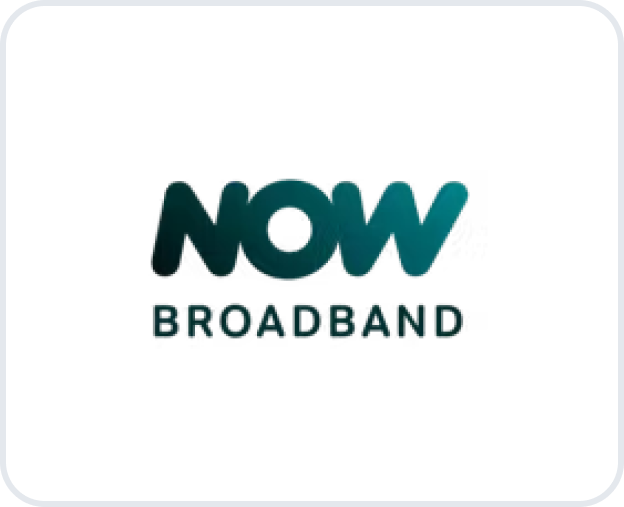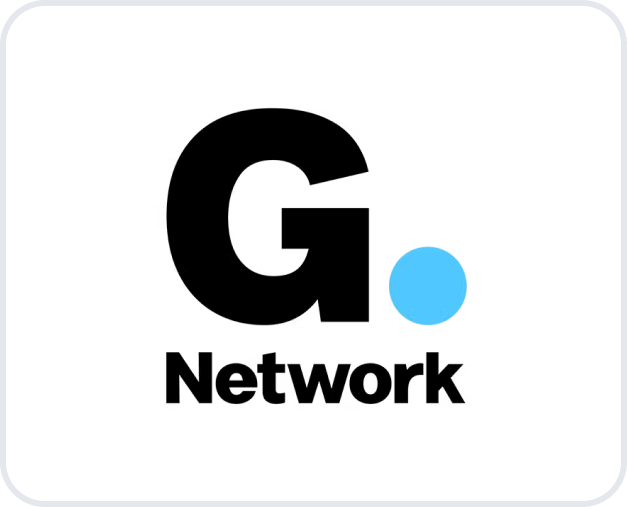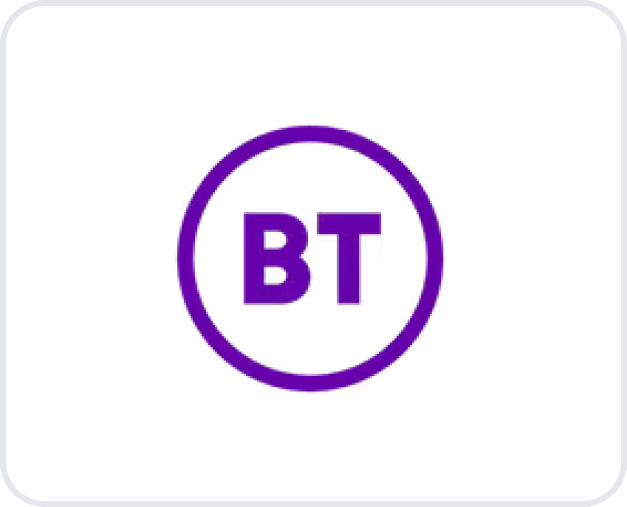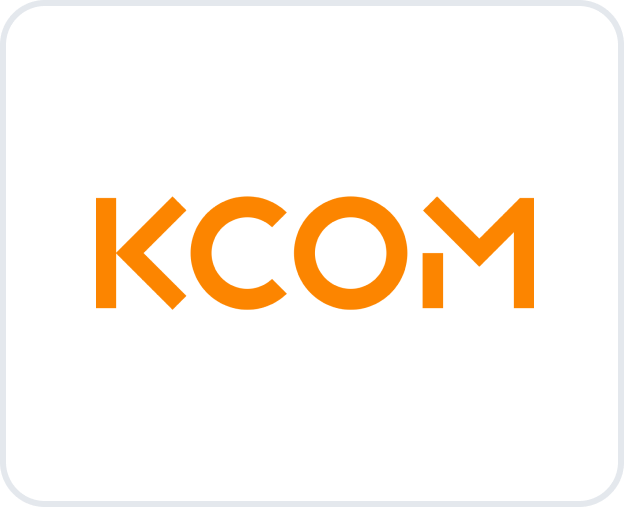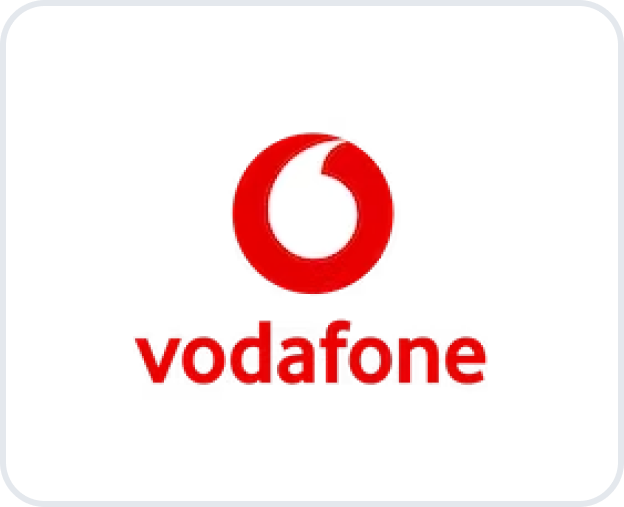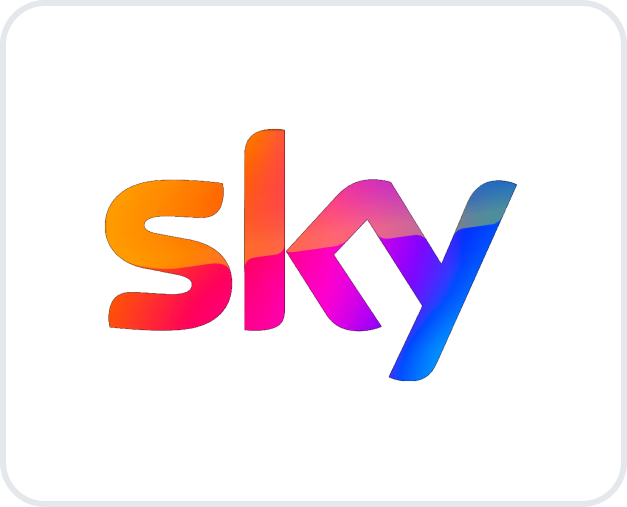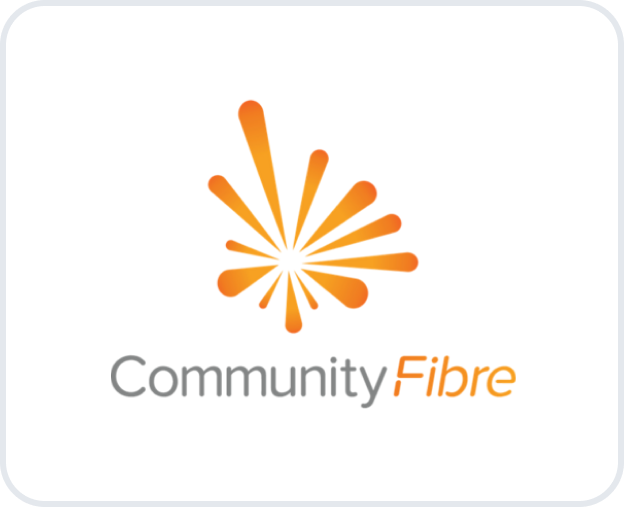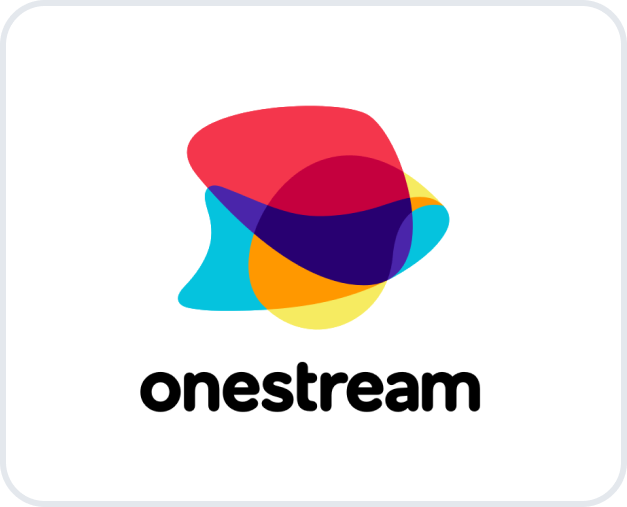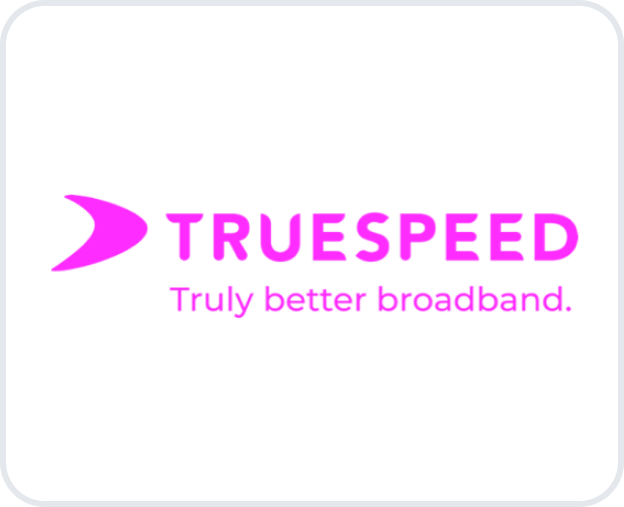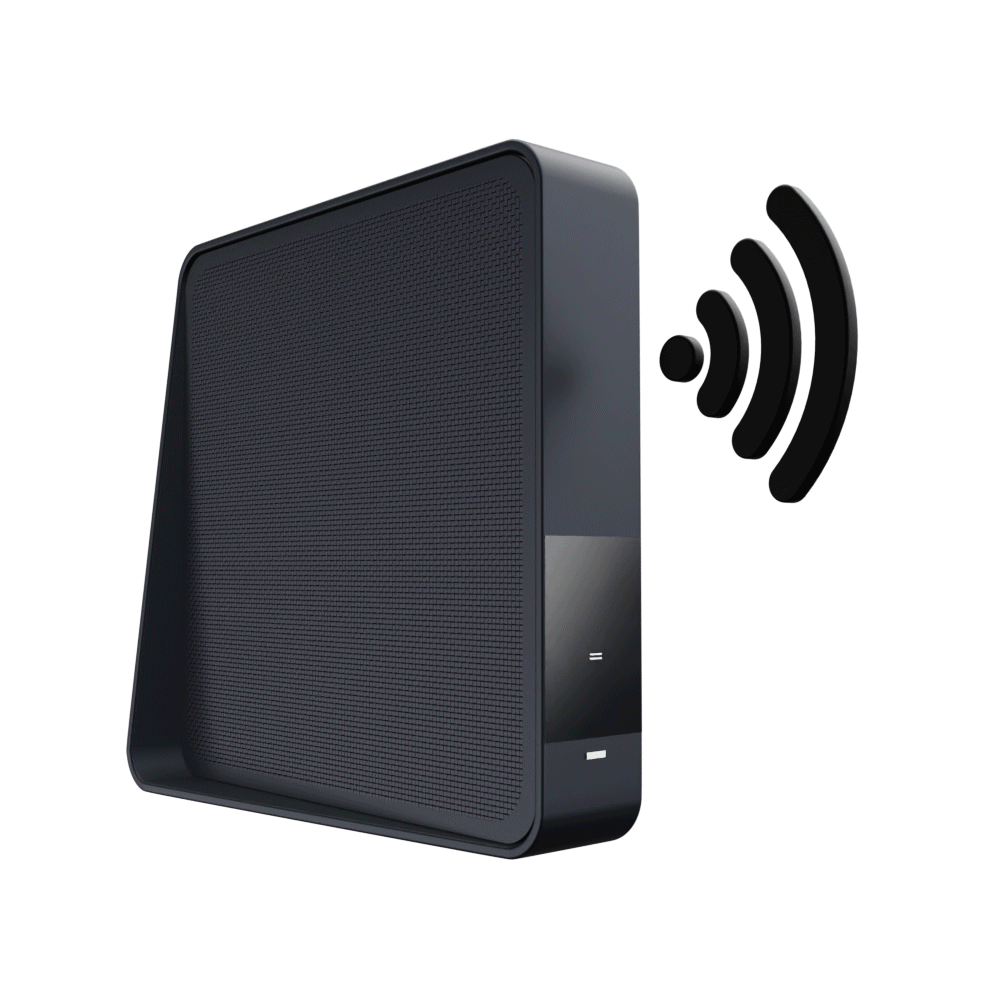You’re only seeing average speeds for your area Select your address and see the actual speeds you’d get in your home
Business Broadband Deals
What are business broadband deals?
Business broadband deals are internet services that caters to small and large businesses by providing service beyond a personal broadband connection. The services vary depending on the provider you are signing up with. Business services can range from free set-up and equipment to bundles that include free calls, unlimited usage, and special business features like service level agreements and static IPs.
Why do I need business broadband deals?
For most operating businesses, having a significant online presence is essential, but what other way to achieve that without a reliable internet for business? Here are some of the reasons why you should opt for business broadband deals:
1. Static IP Address
This is important for businesses that run a server or make VoIP(Voice Over Internet Protocols) Calls. As the name suggests, a static IP address will always remain the same no matter how often you connect to the internet. Having a static IP address allows other devices (your employees) to connect to the server and offer the same thing to them all. Compared to dynamic IP address, which is primarily familiar with home broadband.
2. Website hosting
If your business involves hosting a website, then you need guaranteed bandwidth at peak times to ensure your connection does not drop when you need it the most.
There are three ways you can host your website online:
- A cloud-based server: A cloud-based server uses a network of remote servers that can handle your website needs. A cloud-based server is flexible and reliable as it protects you from the risk of hardware failure. And the best part is you only have to pay for what you use.
- Shared Hosting: A third-party provider hosts your business website on their servers. However, this means you’ll share servers with other companies using the same shared host. This means your bandwidth could be slower. While this could be the cheapest business broadband available, this may not be the best option if your website is extensive and requires a quick load speed.
- A dedicated server: With a dedicated server, you do not have to share resources with anyone. This also guarantees a faster performance.
3. Security: A business broadband offers better security than the usual broadband deals as it tends to have better security features. Having good security as a business owner is essential as it helps to protect your business from security attacks or hackers. Good security helps portray your business as a reliable and trustworthy one.
What are the available broadband options?
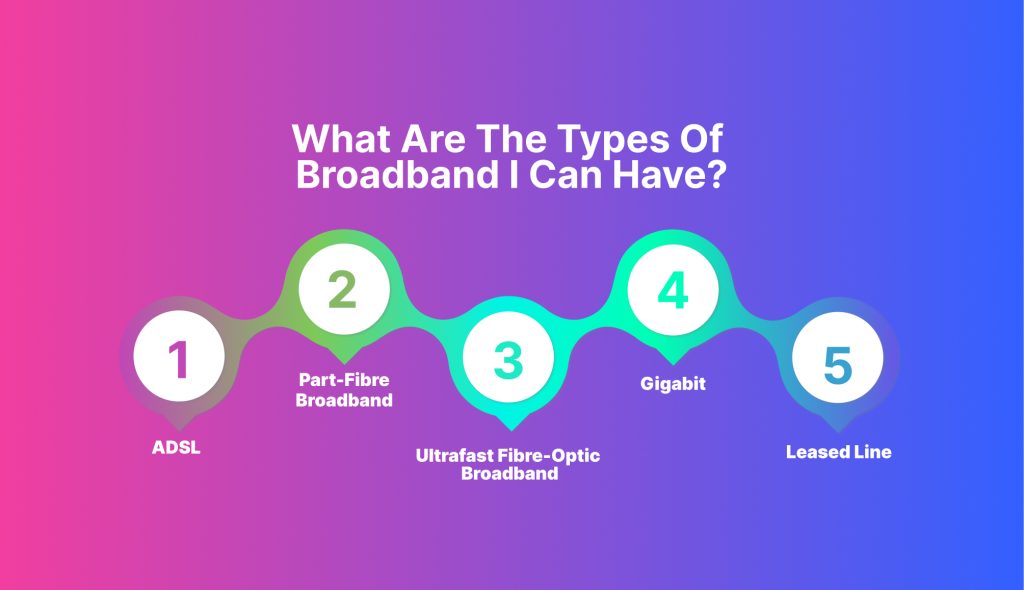
There are various types of broadband available to business broadband.
1. ADSL
This broadband uses a copper line to connect you to the internet. It is the most basic broadband available, and it offers an average speed of 10Mbps, making it an ideal option for businesses that mainly use the internet to send and receive emails from their customers.
2. Part-fibre broadband
This is also known as standard fibre-optic broadband. It offers an average broadband speed of 30-100Mbps. This broadband uses fibre-to-the-cabinet technology to get you connected to the internet. It uses a fibre-optic cable from your street cabinet and completes the journey to your home using a phone line. This connection is faster than ADSL and can handle multiple connections of different devices and server hosting.
3. Ultrafast Fibre-Optic Broadband
This is also known as full-fibre broadband. This offers an average speed from 100 Mbps – 1Gbps. A full-fibre broadband uses fibre optic cables to your property from your street exchange to your home. It is faster, making it reliable to handle many other functions like hosting a server and any other heavy business internet task.
4. Gigabit
This broadband connection offers more than 1,000Mbps (1Gbps). Virgin Media and some other major broadband providers offer this. It is the perfect broadband for a more significant business that needs a lot of staff to complete internet-heavy tasks at all times.
5. Leased Line
A leased line is a broadband line your business has all to itself, not shared with a single other premises. So your speeds won’t be affected by anyone else whatsoever. This is the solution for larger businesses relying on stable, fast internet.
Do small businesses need business broadband?
Whether you are a small business or a large business, as far as your business relies on the internet to ensure the business’s smooth running, then you should sign up for business broadband. Having a business broadband deal offers an internet connection and an easy way to incorporate various business features into your business like IT functions such as email addresses, guest WiFi, and even business-level cybersecurity.
With business broadband deals, your business is assured always to be connected to the internet without downtime and a standby static IP to host a server on. However, if your business is just a one-man business or work from home without the need to complete heavy business internet task then you may settle for a home broadband which will cater for your primary business needs.
Also, there are business providers that offer packages that cater for small businesses. They offer features ideally suited for SMEs, such as appropriate speeds, service guarantees, a web domain and company email addresses, better Wi-Fi, and extra tech support. This is an ideal option if you need an IT department. However, determining the right broadband for small businesses will depend on your business and what you intend to achieve with the broadband.
What are the benefits of business broadband?
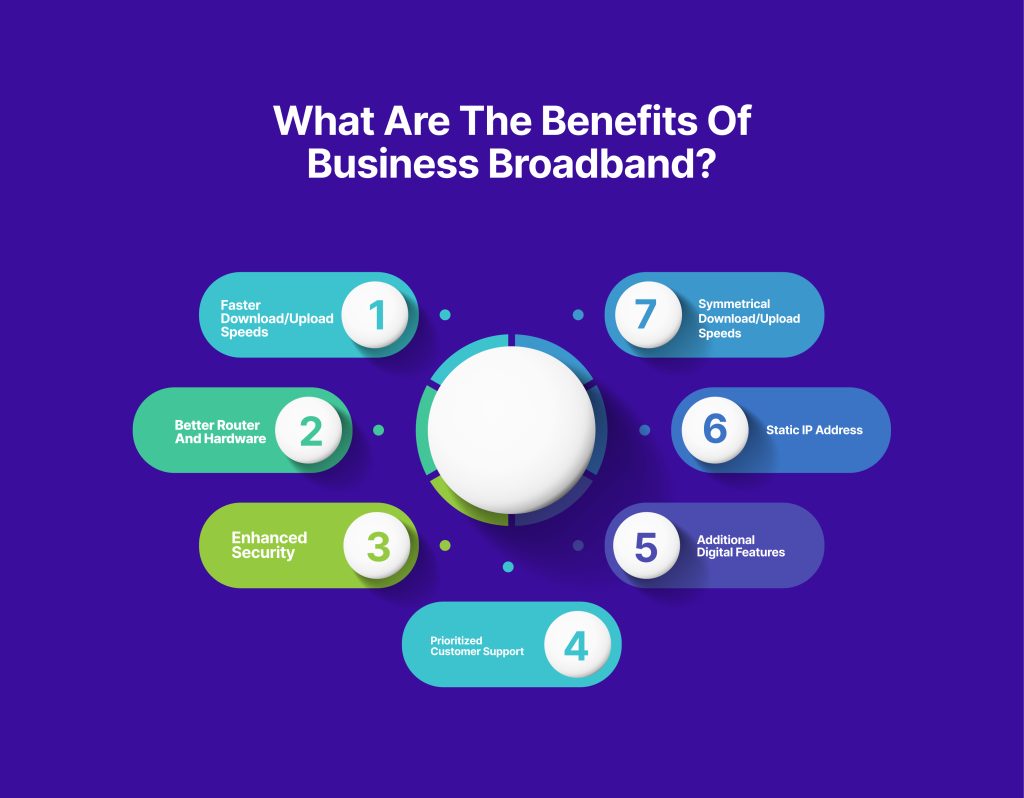
Compared to home broadband, business broadband is different from it in terms of services offered and the dedicated experience you get. In other words, you will access business-level features you can’t get with a regular home broadband connection. Depending on the provider and package, you may get:
1. Offers a faster download and upload speed.
2. Access to a better router, hardware and WiFi.
3. With business broadband deals, you can access a more secure connection without the risk of being hacked.
4. Business broadband providers prioritise business traffic to get the desired speed without worrying about downtime.
5. Additional digital features like company email addresses, cloud storage, VoIP line, and web hosting.
6. Standby technical support to resolve connection issues.
7. Static IP address: This is important to carry out essential business functions like hosting a server and setting up remote PC access.
8. Service level agreement(SLA) guarantees you will always receive a broadband service at a particular level.
10. Symmetrical download and upload speeds: Ideal if you upload a lot of content or code and hold a lot of video calls
What is the difference between business broadband deal and home broadband?
| Aspect | Business Broadband | Home Broadband |
|---|---|---|
| Speed | Generally faster speeds, tailored to business needs. | Typically slower speeds, designed for personal use. |
| Reliability | More reliable with dedicated connections and service level agreements. | Less reliable with shared connections and no service level agreements. |
| Customer Support | Priority customer support with 24/7 availability. | Standard customer support with limited hours. |
| Features | Business-specific features like static IP addresses, symmetrical download/upload speeds, and better security. | Basic features suitable for personal use. |
| Cost | Often more expensive due to added features and reliability. | Usually cheaper with fewer features and less reliability. |
| Usage | Designed for heavy business usage, such as hosting servers or conducting video conferences. | Intended for light personal usage like web browsing and streaming. |
| Contract Terms | Longer contracts with options for customization. | Shorter contracts. |
How can I find the right business broadband deals and home broadband?

When seeking the appropriate broadband service, whether for your business or home, a structured approach can ensure you make a well-informed decision. For business broadband, the considerations extend beyond mere connectivity to encompass elements crucial for operational efficiency. Factors to weigh include speed, reliability, customer support quality, and specialized features tailored to business needs, such as static IP addresses or service level agreements (SLAs). These components contribute to seamless operations and sustained productivity.
In contrast, selecting home broadband emphasizes factors more pertinent to personal usage and affordability. Cost-effectiveness, speed, data limits, and the availability of bundled services like TV or phone packages take precedence. Assessing your specific requirements against available offerings aids in pinpointing the optimal solution.
To navigate the plethora of options, a comparative analysis is indispensable. Scrutinize packages from various providers, delve into customer reviews, and consider feedback on reliability and customer service responsiveness. By aligning your priorities with available options, you can confidently select the broadband service that best suits your needs, whether for business or personal use.
Why do I need a business phone line?
A business phone line is indispensable for upholding professionalism and facilitating reliable communication with customers, partners, and suppliers. It serves as a dedicated channel for business-related calls, effectively separating personal and professional communications.
Additionally, it offers valuable features such as call forwarding, voicemail, and conference calling, which not only enhance operational efficiency but also contribute to superior customer service. By establishing a distinct business phone line, you can ensure seamless communication, project a professional image, and optimize interactions with stakeholders, ultimately bolstering the success and credibility of your enterprise.
Why compare business broadband packages?
Comparing business broadband packages is crucial for securing the optimal value tailored to your specific needs. Through careful evaluation of key factors such as speed, reliability, pricing, contract terms, customer support quality, and additional features or services, you can discern the most suitable option for your business.
This comparative analysis enables you to make an informed decision that aligns precisely with your operational requirements and budget constraints. By selecting the right package, you ensure efficient connectivity, minimize downtime, and potentially access value-added services that enhance productivity and competitiveness. Ultimately, comparing broadband offerings empowers you to make strategic choices that optimize your business’s connectivity solutions, fostering growth and success in an increasingly digital landscape.
How to compare business broadband deals and phone deals
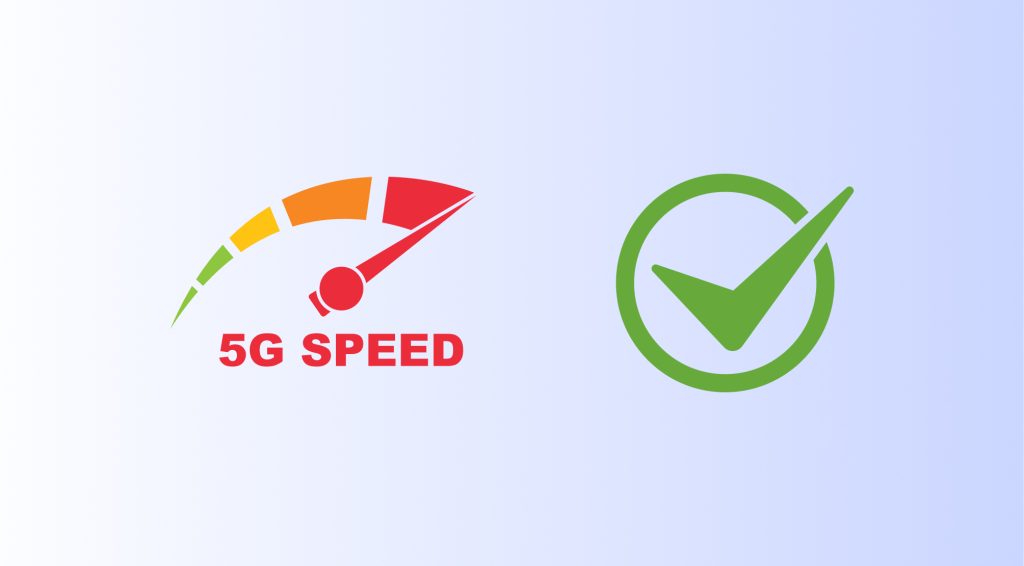
When evaluating business broadband and phone deals, a structured approach ensures you select the most suitable option for your enterprise. Begin by scrutinizing fundamental factors such as broadband speed, phone line rental costs, and call rates. These elements form the foundation of your communication infrastructure and directly impact operational efficiency. Additionally, delve into contractual terms, including contract length and any associated penalties for early termination. Robust customer support is essential for addressing potential issues promptly, so assess the provider’s reputation in this regard.
Furthermore, consider value-added features such as static IP addresses or cloud-based phone systems, which can enhance connectivity and scalability. By meticulously comparing these aspects across various packages, you can pinpoint the deal that offers the optimal balance of affordability, reliability, and functionality, empowering your business with seamless communication solutions tailored to its needs.
Can I get business broadband deal if I'm not a business but work from home?
Yes, you can typically get business broadband deals even if you’re not officially registered as a business. Many providers offer business-grade broadband packages to freelancers, remote workers, and home-based professionals who require higher speeds, reliability, and additional features compared to standard residential broadband.
Which internet provider is best for a small business?
Selecting the ideal internet provider for a small business necessitates careful consideration of several factors. Firstly, assess your location to determine which providers offer coverage in your area. Next, establish a budget and prioritize required speed and reliability based on your operational needs. Consider additional features such as static IP addresses, cloud services, or bundled packages that could enhance efficiency.
Popular choices for small businesses include Comcast Business, Spectrum Business, AT&T Business, and Verizon Business, renowned for their comprehensive offerings and nationwide coverage. However, local providers might offer personalized services and greater reliability, making them viable alternatives, especially in areas with limited options.
Ultimately, the best internet provider for your small business will align with your budget, location, and specific requirements, ensuring seamless connectivity and supporting your business’s growth and success. Researching and comparing providers based on these criteria will help you make an informed decision.
How to maintain a strong internet for your business
1. Select a dependable broadband plan tailored to your business needs, emphasizing speed and bandwidth.
2. Equip your infrastructure with reliable hardware including routers, modems, and switches.
3. Optimize stability by favoring wired connections over wireless wherever feasible.
4. Conduct regular monitoring of network performance to promptly identify and address any issues.
5. Implement robust security measures to safeguard against cyber threats and ensure data integrity.
What is a static IP address?
A static IP address refers to a permanent, unchanging identifier assigned to a device or network. In contrast to dynamic IP addresses that can alter periodically, a static IP address remains fixed.
This stability makes it particularly suitable for tasks requiring consistent identification, such as hosting servers, enabling remote access, and maintaining steadfast network configurations. With a static IP address, devices or networks can be reliably assessed and identified across the internet without the risk of address changes.
This permanence streamlines various online activities, ensuring seamless connectivity and facilitating efficient communication between devices or networks. Whether for business or personal use, understanding the role and benefits of a static IP address can optimize internet-based operations, enhancing productivity and reliability in the digital realm.
Pros and cons of static IP address
Pros of static IP address
1. Ideal for hosting servers, websites, or services that require a constant IP address.
2. Facilitates remote access and VPN connections, enabling secure connections to the network from external locations.
3. Simplifies network configuration and management by providing a consistent identifier for devices.
4. Enables easier access to devices or services over the internet, as the IP address remains unchanged.
5. Enhances reliability for services like online gaming, video conferencing, and VoIP, where a consistent connection is essential.
6. Enables easier access control and monitoring of network traffic for security purposes.
Cons of static IP address
1. Typically more expensive than dynamic IP addresses, as they often require additional fees or specialized plans from internet service providers.
2. May pose security risks if not properly configured or secured, as the fixed address can potentially become a target for cyberattacks.
3. Limited availability from some internet service providers, particularly in regions or areas with less infrastructure or competition.
4. Lack of flexibility, as changing the IP address requires manual intervention and coordination with the ISP.
5. Potential for network conflicts if duplicate IP addresses are inadvertently assigned within the same network.
6. Requires more technical expertise to configure and manage compared to dynamic IP addresses, which can be automatically assigned by DHCP servers.
What is a dynamic IP address?
A dynamic IP address is a temporary identifier assigned to a device or network by an Internet Service Provider (ISP). Unlike a static IP address, which remains constant, a dynamic IP address can change periodically. Typically, this change occurs each time the device reconnects to the internet or after a predetermined period, conserving IP address resources and offering flexibility.
Dynamic IP addresses are commonly used by residential internet users and small businesses, as they provide cost-effective connectivity without the need for manual configuration. However, this dynamic nature can pose challenges for certain applications requiring consistent identification, such as hosting servers or remote access. Despite these limitations, dynamic IP addresses play a crucial role in efficiently allocating and managing internet resources, accommodating the dynamic nature of modern internet usage.
Pros and cons of dynamic IP address
Pros of dynamic IP address
1. Typically more cost-effective than static IP addresses, as they often come standard with internet service packages.
2. Offers flexibility and scalability for dynamic network environments, accommodating changes in network size or configuration.
3. Automatically assigned by the ISP, reducing administrative overhead and simplifying setup for users.
4. Supports anonymity and privacy online, as the IP address changes regularly, making it harder to track individual users.
5. Provides enhanced security against cyberattacks, as the constantly changing IP address reduces the likelihood of targeted attacks.
6. Enables efficient use of IP address resources by allowing ISPs to allocate addresses dynamically, minimizing wastage.
Cons of dynamic IP address
1. Can complicate remote access and hosting services requiring a consistent IP address, as the address may change unpredictably.
2. May encounter connectivity issues or interruptions when the IP address changes, disrupting ongoing activities or connections.
3. Potentially less suitable for applications requiring constant, reliable access, such as online gaming or VoIP services.
4. Limited control over IP address assignment, as the ISP determines the address allocation process.
5. Increased complexity in configuring certain network services or applications that rely on consistent IP addressing.
6. Difficulty in identifying devices or tracking activity on the network due to the changing nature of IP addresses.
What is the difference between static and dynamic IP address?
| Static IP Address | Dynamic IP Address |
| Static IP addresses are manually configured and provide a stable identifier. | Dynamic IP addresses are automatically assigned by the ISP. |
| Ideal for tasks requiring consistent connectivity, such as hosting servers or remote access services. | Offers flexibility and cost-effectiveness. |
| Provides stability and reliability. | Offers flexibility and adaptability.. |
| Suitable for users who require a permanent address for specific applications or services. | Beneficial for users with dynamic network environments or those seeking to conserve IP address resources. |
| Less prone to changes or interruptions in network connectivity. | May introduce challenges in scenarios requiring a consistent address, such as remote access or hosting services. |
| Requires manual configuration and potential additional costs. | Automatically assigned and managed by the ISP. |
| Choice depends on factors like operational requirements, budget constraints, and desired level of control. | Decisions are influenced by operational requirements, budget constraints, and need for control over network connectivity. |
Business Broadband Deals
Compare Broadband deals with Docalla
What is Broadband?
We are happy to hear from you in case you would need in-person support before commencing your application. We are happy to hear from you in case you would need in-person support before commencing your application.
What other services can I get with Broadband?
We are happy to hear from you in case you would need in-person support before commencing your application. We are happy to hear from you in case you would need in-person support before commencing your application.
What types of Broadband are there?
We are happy to hear from you in case you would need in-person support before commencing your application. We are happy to hear from you in case you would need in-person support before commencing your application.
-AWS Broadband
We are happy to hear from you in case you would need in-person support before commencing your application. We are happy to hear from you in case you would need in-person support before commencing your application.
-Fiber02 Broadband
We are happy to hear from you in case you would need in-person support before commencing your application. We are happy to hear from you in case you would need in-person support before commencing your application.
How to switch to a better Broadband package
We are happy to hear from you in case you would need in-person support before commencing your application. We are happy to hear from you in case you would need in-person support before commencing your application.
Sky Broadband
£45.90/month
Unlimited minutes
12 months of 500 GB data
12 months
Contract length
£30.9 upfront cost
250 mbps Total Cost
Unlimited Text
Sky Broadband
£45.90/month
Unlimited minutes
12 months of 500 GB data
12 months
Contract length
£30.9 upfront cost
250 mbps Total Cost
Unlimited Text
Sky Broadband
Offer ends 30th Jan. 2023
£45.90/month
Unlimited minutes
12 months of 500 GB data
12 months
Contract length
£30.9 upfront cost
250 mbps Total Cost
Unlimited Text
Sky Broadband
Offer ends 30th Jan. 2023
£45.90/month
Unlimited minutes
12 months of 500 GB data
12 months
Contract length
£30.9 upfront cost
250 mbps Total Cost
Unlimited Text
Sky Broadband
£45.90/month
Unlimited minutes
12 months of 500 GB data
12 months
Contract length
£30.9 upfront cost
250 mbps Total Cost
Unlimited Text
Sky Broadband
£45.90/month
Unlimited minutes
12 months of 500 GB data
12 months
Contract length
£30.9 upfront cost
250 mbps Total Cost
Unlimited Text
Sky Broadband
Offer ends 30th Jan. 2023
£45.90/month
Unlimited minutes
12 months of 500 GB data
12 months
Contract length
£30.9 upfront cost
250 mbps Total Cost
Unlimited Text
Sky Broadband
Offer ends 30th Jan. 2023
£45.90/month
Unlimited minutes
12 months of 500 GB data
12 months
Contract length
£30.9 upfront cost
250 mbps Total Cost
Unlimited Text
